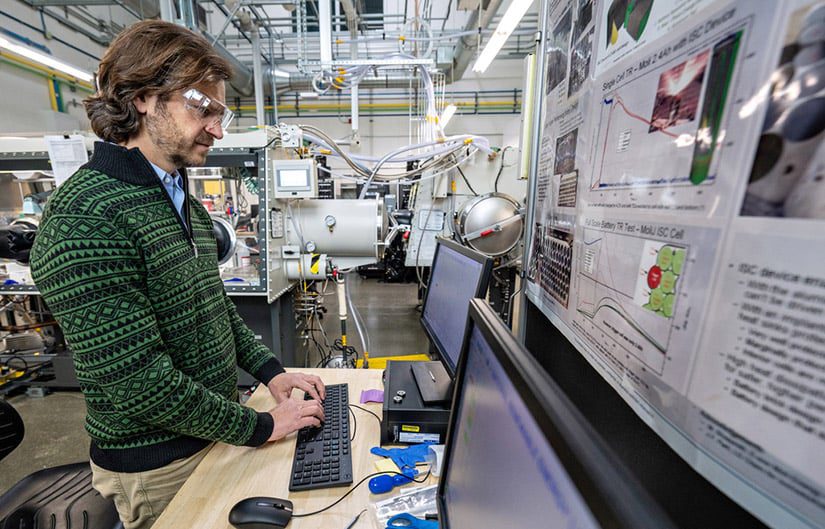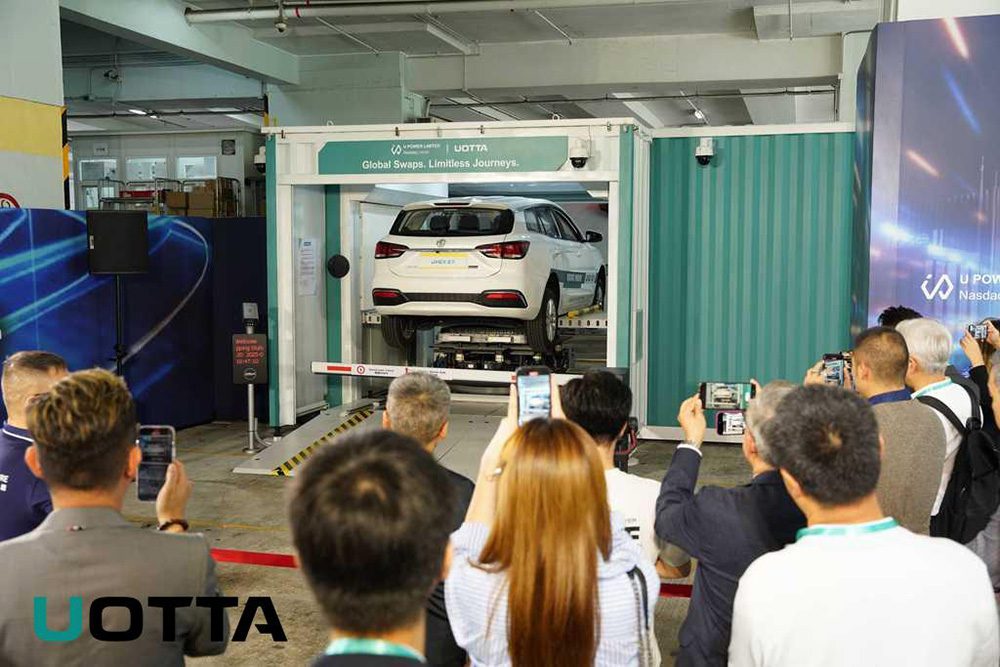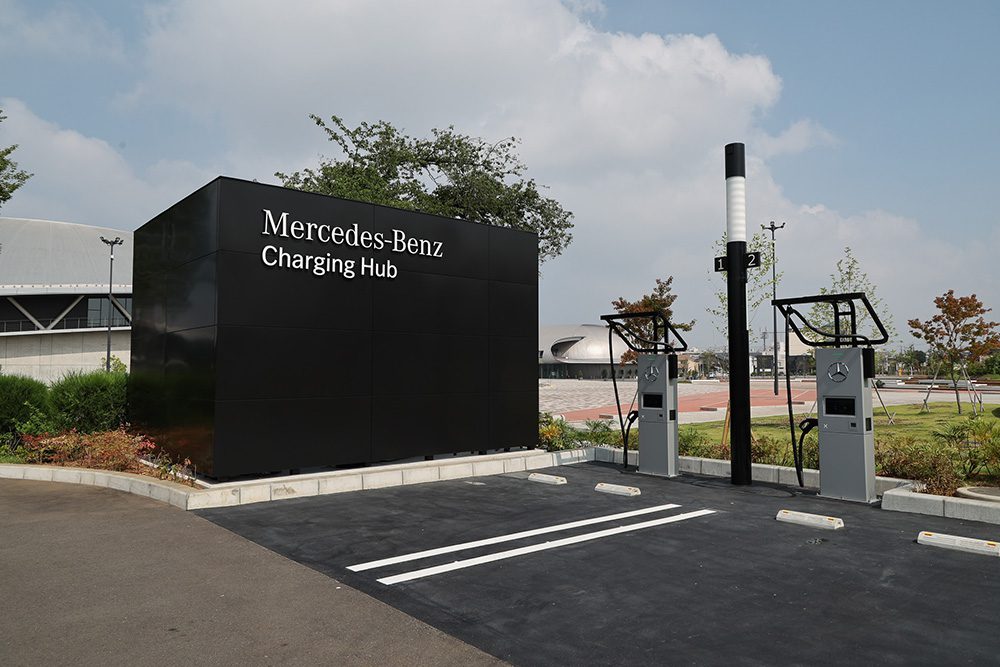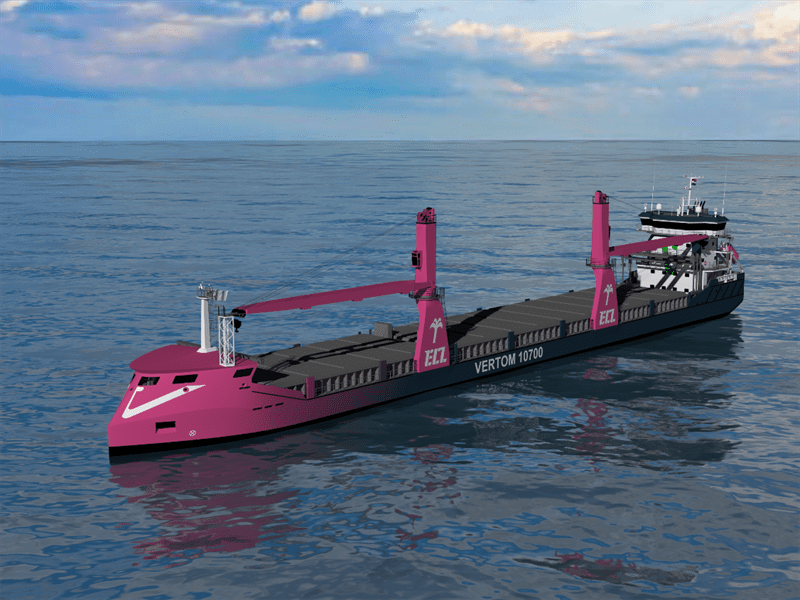The latest amendments don’t change the main substance of the LCFS, but simply streamline procedures and clarify language.
The California Air Resources Board (CARB) voted Friday to adopt a list of amendments to the Low Carbon Fuel Standard (LCFS), a set of regulations that aims to reduce the carbon intensity of transportation fuels by an average of 10% by the year 2020.
The latest amendments don’t change the main substance of the LCFS, but simply streamline procedures and clarify language. With a bit of comical understatement, the CARB notes that “the LCFS is working as designed and intended [but] most complex regulations like the LCFS can generally benefit from further refinements.”
Only a lawyer’s clerk could parse this dense legalese tome, which is studded with acronyms like nuts in a Christmas fruitcake. We’ll spare you, dear readers, from having to wade through such atmospheric arcana as the section on Reformulated Gasoline Blendstock for Oxygenate Blending (known as CARBOB, by the way) and cut to the part that specifically affects EVs.
The LFCS provides credits for fuels with lower carbon intensity, and the electricity used to charge EVs counts as such a fuel. The latest amendments clarify who is to receive the credits. For residential charging, the electric utilities will be the lucky recipients, as the CARB apparently has faith that utilities will pass the savings on to EV owners. For public access charging, credits will go to companies that install public charging stations. Businesses that operate fleets of three or more EVS, or that offer charging stations for employees, may also be eligible for credits.
Image: CARB



















































































